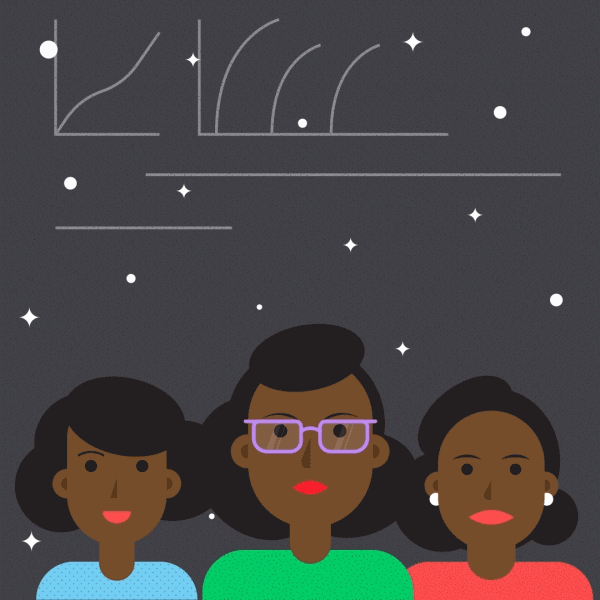 |
| Image by Dunne Designs (Tumblr) |
At home we scroll through our Facebook feed and see stories of Black Lives Matter protests, Margaret Cho vs. Tilda Swinton, or Indigenous reserves that don't have clean drinking water, and through the power of our brain's incredible ability to protect itself from difficult thoughts, we don't put together ANY similarities between our current world and the movie we just watched.
If you ask me, our job when we watch movies about terrible historical realities is to ask ourselves what moments in the story still ring true today, and (if we dare) what we can do about them.
Of the MANY powerful moments in Hidden Figures, a simple exchange between Dorothy Vaughan (Octavia Spencer) and her supervisor Vivian Mitchell (Kirsten Dunst) that happens in the bathroom that struck me as emblematic of most conversations about race that happen between white people and people of colour today:
Mitchell: "Despite what you may think, I've got nothing against y'all."BAM!
Vaughan: "I know. I know you probably believe that."
Screenwriters don't repeat lines very often in movies, and the line "that's just the way it is" is said SO MANY TIMES in this movie, someone should do a count. Most often, it comes out of the mouth of a white person who has the opportunity to help make a change, or even just extend a small kindness, but instead falls back on "the way it is." This movie is CHALK-FULL of white people who aren't racist, they just don't feel the need to ever go out of their way to help a black person.
This leads me to a question I would like to ask myself. Feel free to join me if you, too, would like to experiment with not being a part of an oppressive regime:
Who do I "really believe" that I have nothing against?
When do I say "that's just the way it is" about something that hurts them or holds them back?
What are the actual arguments that make me think that answer is good enough?
Sign up for my email newsletter for a weekly digest and BONUS CONTENT!

No comments:
Post a Comment